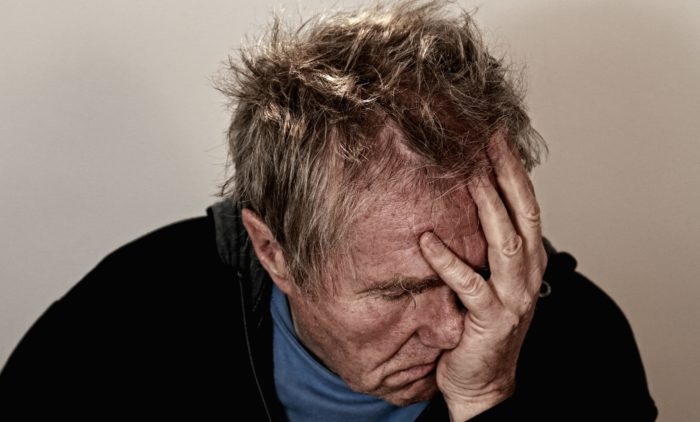Originally published in Kiplinger
By Bruce Willey
Small businesses struggling to survive during the COVID-19 pandemic now have something else to worry about: Could they get in trouble for taking the money the government has offered through the Paycheck Protection Program to help them out? Should they pay it back? If they don’t, could they be liable for fraud?
The clock is ticking: They have until close of business local time today, Monday, May 18, to decide whether to give their money back to avoid any possible penalties, and it’s causing many small-business owners serious angst. The cause of this confusion and concern: Yet another change to the rules governing the program leaving some who took PPP loans worried that they might not qualify for them after all.
The root of the PPP problem
Let’s take a step back for a second.
PPP was a shockingly simple application, as far as the government is concerned. It was only two pages long. And on the second page there was one key word: small-business owners were encouraged to apply for the forgivable loan if they felt that money to pay payroll and expenses was “necessary” due to economic uncertainty. The goal of this simple program was to keep as many people employed as possible.
Yet four weeks after initial applications were accepted and several weeks after funds were paid, the SBA changed that key word. Suddenly, instead of telling small-business owners they were eligible if the money was “necessary,” now the requirement had to meet a new standard: “need,” as in “I need this money or else I’ll close.”
Should I give my PPP money back? One small-business owner’s story
Let me tell you exactly how that seemingly small change affected employers.
One client I work with recently called me to say he was thinking about giving back his PPP money. When he applied for the loan, three employees in his manufacturing facility had tested positive for COVID-19. There was a real chance he was going to have to shut down production, and possibly his entire company.
That client certainly fit the “necessary” standard at the time he applied. Yet thanks to some quick thinking, he’d managed to keep his employees safe and his production lines open. The company hadn’t gone out of business, and the business looked like it was going to be OK in the short term.
With the SBA’s key word change, however, he was suddenly worried. Would keeping money he technically didn’t “need” constitute fraud in the eyes of the government? Was he in for years of expensive litigation and investigation because of actions he’d once been encouraged to take?
Some reassuring advice
I told my client to hold tight. And sure enough, early last Wednesday morning (May 13), the SBA issued further guidance for small businesses weighing whether they should go for a penalty-free return of PPP loan money not needed. The bottom line essentially is that businesses receiving less than $2 million in PPP loans were considered to have met the original certification guidelines.
This wasn’t the first issue plaguing PPP
Almost exactly a week ago I published another column on a frustration small-business owners encountered with the Payroll Protection Program. (Please see The Stunning IRS Ruling That May Bankrupt Small Businesses That Took PPP Loans.) A piece that got more reader reaction than any other I’ve ever written.
That piece railed against newly issued IRS guidelines that eliminated the tax deduction for expenses paid for using PPP money. This went a long way toward minimizing the benefits, in some cases by nearly 40%. Thankfully, since that piece was published, some elected representatives have taken action. Shortly after the IRS’ late-night issuance, a bipartisan group of senators introduced yet another law. This one, the Small Business Expense Protection Act, seeks to undo the significant damage done to the PPP by codifying the ability to deduct loans as expenses.
The bottom line
While the government program aimed to help small businesses, it’s not perfect. Nothing put together so quickly, under so trying of circumstances could be. But the good news is, in this case, my clients are now safe. And for other small-business owners out there, I urge you to document the factors involved for you and your business when applying for PPP, no matter the amount.
This documentation should be done anyway, just like detailed documentation of how you spend the money in order to receive forgiveness. Protect yourself, use the money as intended, and document every step of the way. If you’ve returned the money yet uncertainty in your business remains, apply again — funds still remain in the program.
No one knows what the future holds during a global pandemic. No one knows when small businesses will be able to reopen, let alone when their customers will feel comfortable doing something as simple as going to buy a cup of coffee.
In moments like this, what those small-business owners, and the millions they employ, need most is certainty. Here’s hoping they get it sometime soon. And that when it comes, they still have a viable business.
Bruce Willey is the founder of American Tax and Business Planning.

